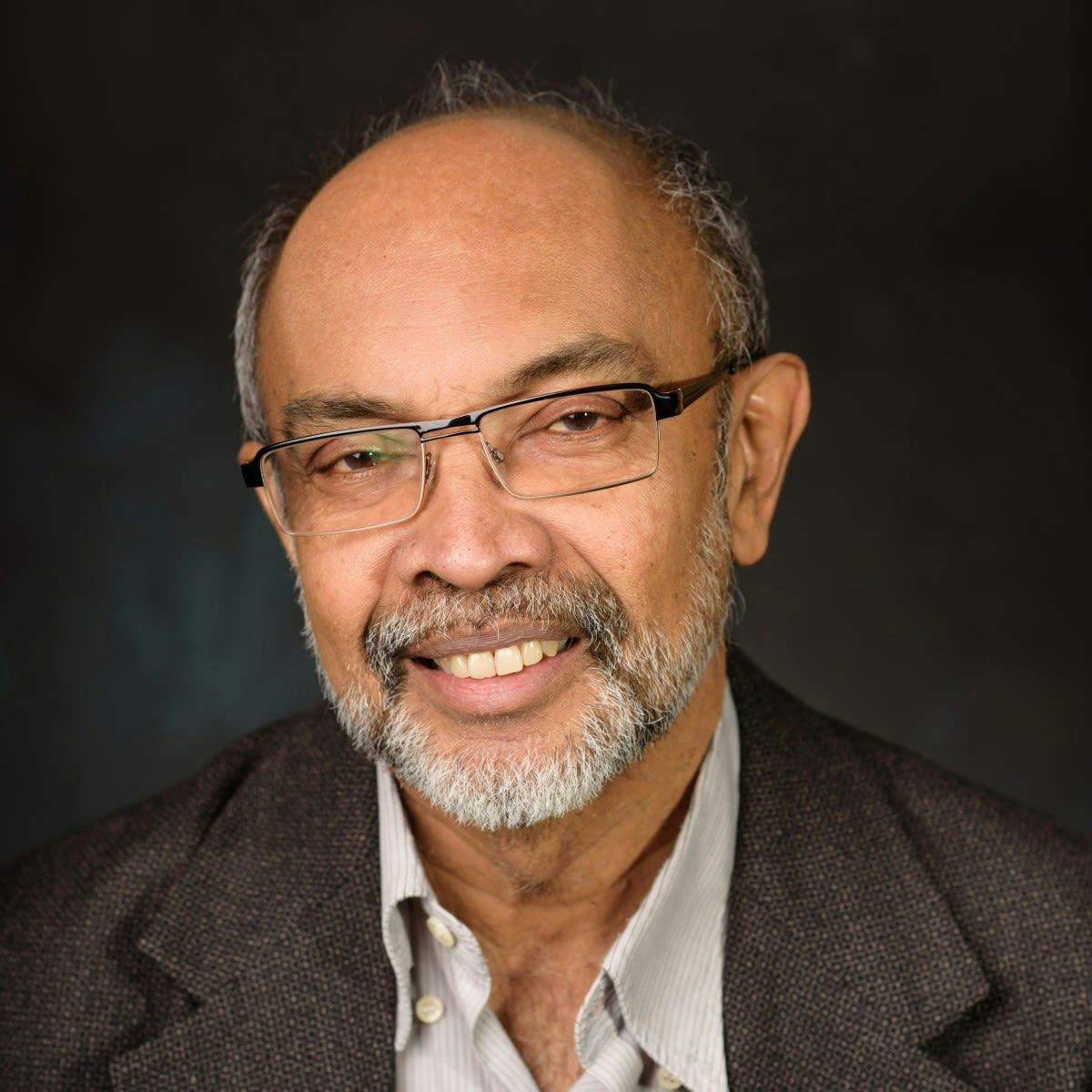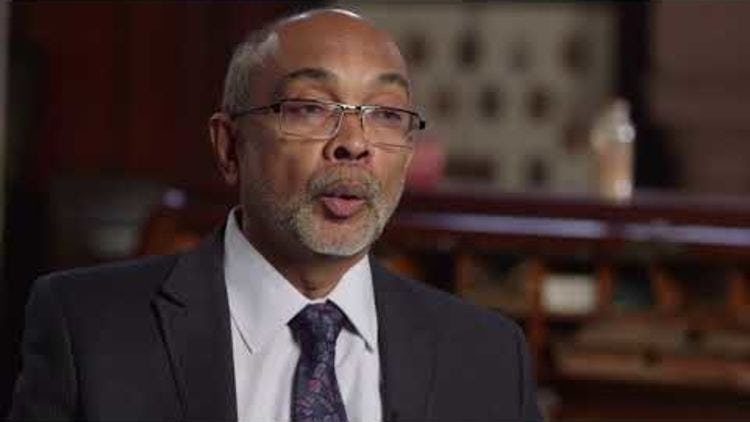Stevens Professor Athula B. Attygalle Receives 2017 Edison Patent Award from the Research & Development Council of New Jersey
Athula B. Attygalle, a research professor of chemistry in the Department of Biomedical Engineering, Chemistry and Biological Science, was honored with a 2017 Edison Patent Award by the Research & Development Council of New Jersey for his patented work in mass spectrometric analysis utilizing helium-plasma and charge-exchange ionization techniques.
Dr. Attygalle is an internationally recognized expert in mass spectrometry who emphasizes advancement in this field through the Attygalle Lab - Center for Mass Spectrometry at Stevens.
“Dr. Attygalle has made tremendous contributions in his field. I am extremely proud that Stevens faculty are being recognized for their exceptional innovation and contributions to the advancement of science and technology,” said Mo Dehghani, vice provost of Research, Innovation and Entrepreneurship at Stevens.
During an award ceremony and reception November 2, the Council recognized Dr. Attygalle and co-inventor Dr. Zhihua Yang, a postdoctoral associate, in the instrumentation category for their new patented process “Analyte Ionization by Charge Exchange for Sample Analysis Under Ambient Conditions” (U.S. Patent 8,664,000).
Thirteen additional teams were also recognized for their innovative patent work spanning thirteen R&D categories including: biomaterials, biomedical, energy, environmental, imaging systems, industrial process, information technology, instrumentation, materials, medical, pharmaceutical, technology transfer and telecommunications.
The new patented process, known as Helium-Plasma Ionization (HePI), reduces the consumption of helium for plasma generation by 50-to-100 times without compromising the efficiency of ion generation. This method is more economical and environmentally friendly because it significantly reduces the consumption of the very limited resource of helium. The HePI source can be miniaturized and has the potential of being incorporated into portable mass spectrometers. When installed in a mass spectrometer, it provides a very sensitive method of detecting specific compounds in samples without the need for extensive sample preparation.
Dr. Attygalle’s research projects within the Center for Mass Spectrometry include Mass Spectrometric Fragmentation Mechanisms, Chemical Ecology of Arthropods, Biosynthesis, Natural Products, and Drugs from Bugs.
In 2016, the R&D Council honored Stevens’ President Nariman Farvardin with the Educator of the Year Award at the 37th Edison Patent Awards Ceremony and Reception.
About Stevens Institute of Technology Stevens Institute of Technology is a premier, private research university situated in Hoboken, New Jersey overlooking the Manhattan skyline. Since our founding in 1870, technological innovation has always been the hallmark and legacy of Stevens’ education and research. Within the university’s three schools and one college, 6,900 undergraduate and graduate students collaborate closely with faculty in an interdisciplinary, student-centric, entrepreneurial environment. A range of academic and research programming spanning business, computing, engineering, the arts and other fields actively advances the frontiers of science and leverages technology to confront our most pressing global challenges. The university is consistently ranked among the nation’s elite for return on tuition investment, career services and the mid-career salaries of alumni. Stevens is home to three national research centers of excellence as well as interdisciplinary research programs in artificial intelligence and cybersecurity; data science and information systems; complex systems and networks; financial systems and technologies; biomedical engineering, healthcare and life sciences; and resilience and sustainability. Stevens is currently in the midst of executing a 10-year strategic plan, The Future. Ours to Create, which is growing and transforming the university, further extending the Stevens legacy to create a forward-looking, far-reaching institution with global impact.



